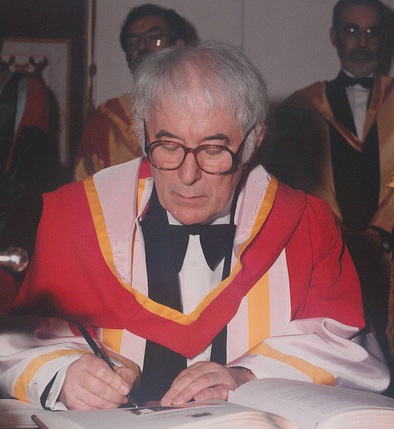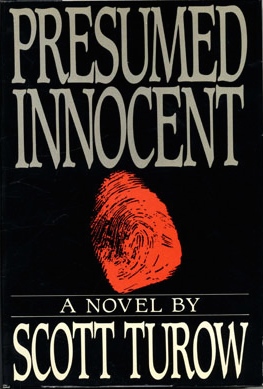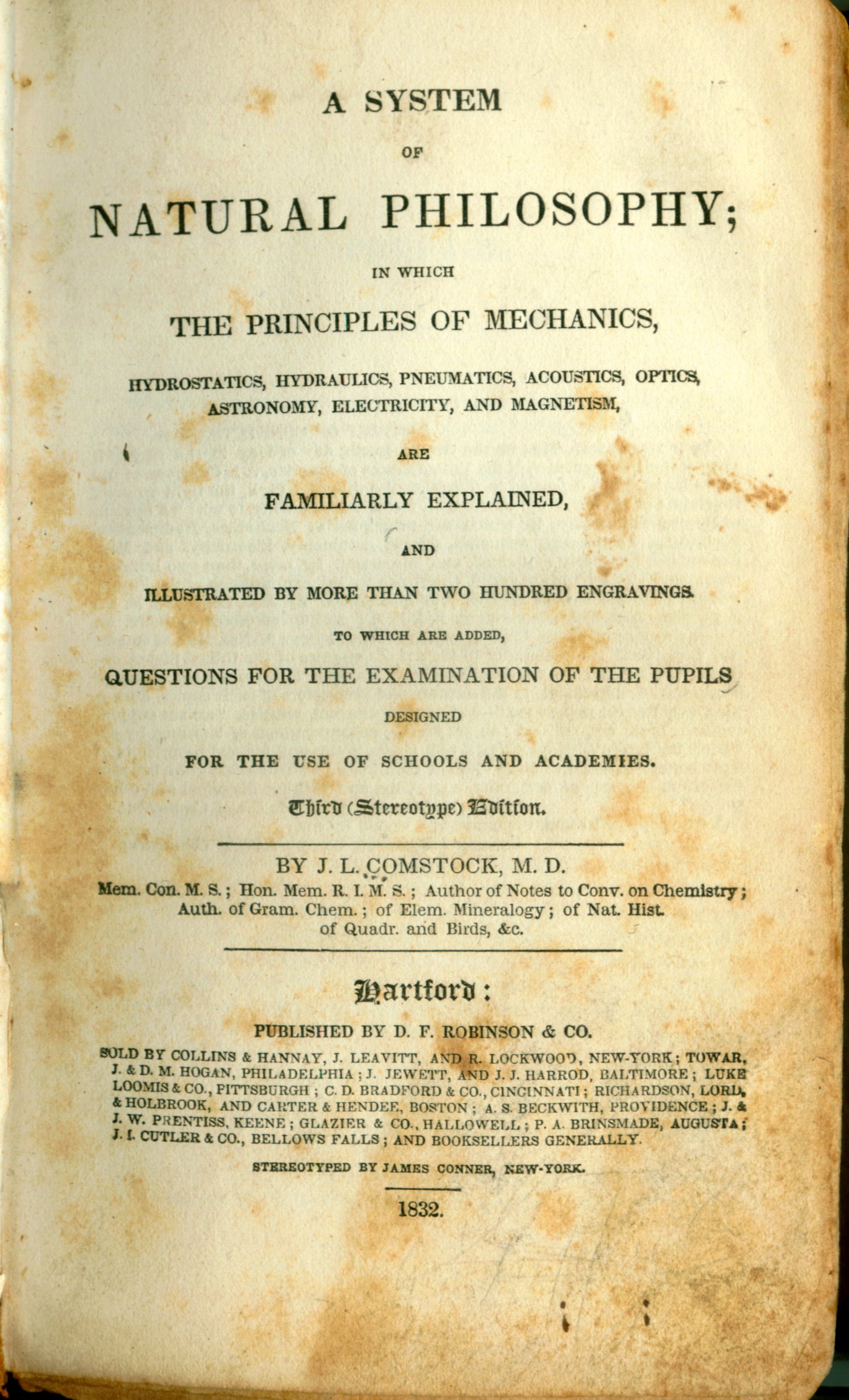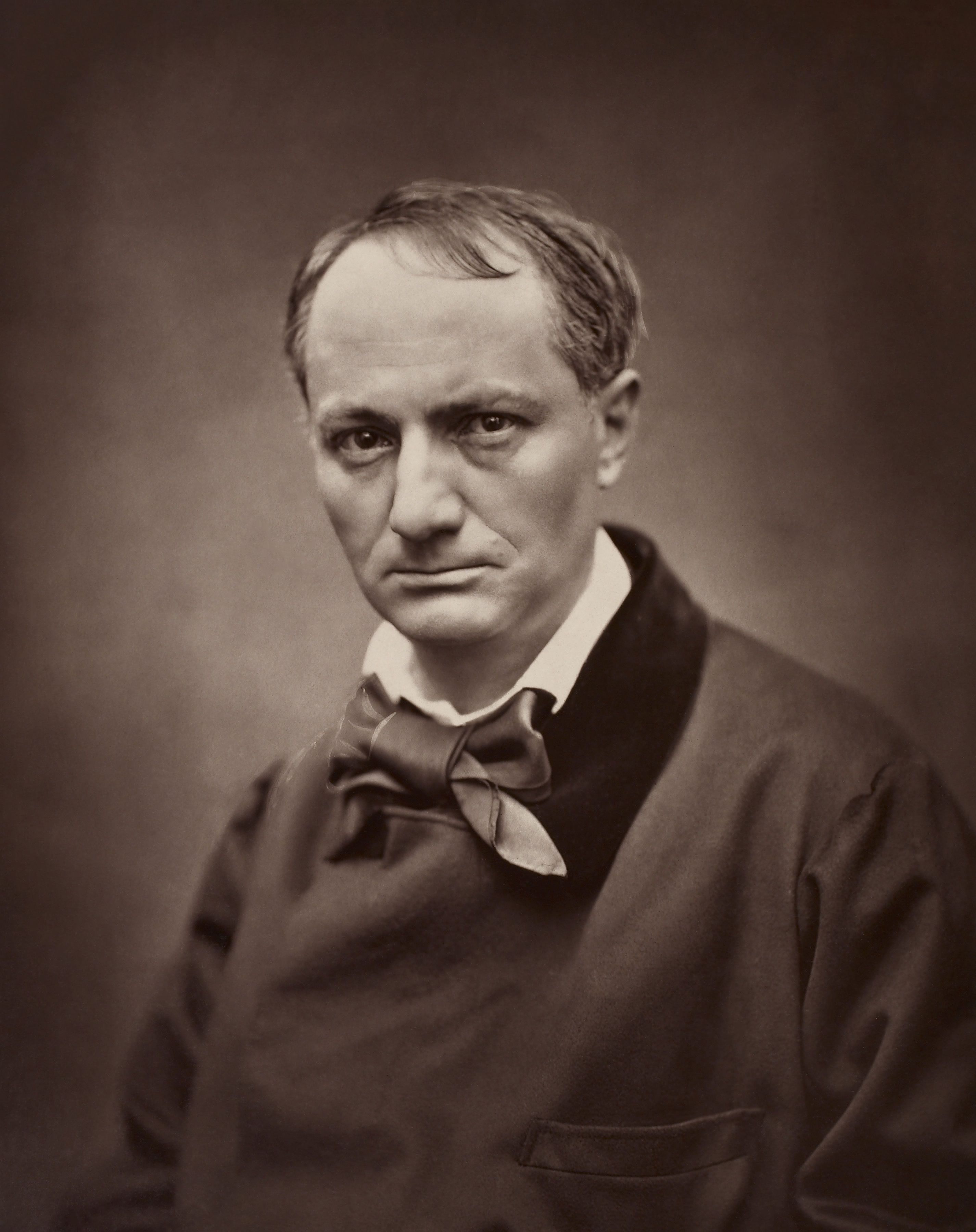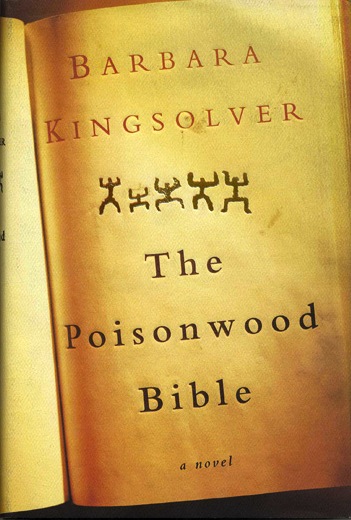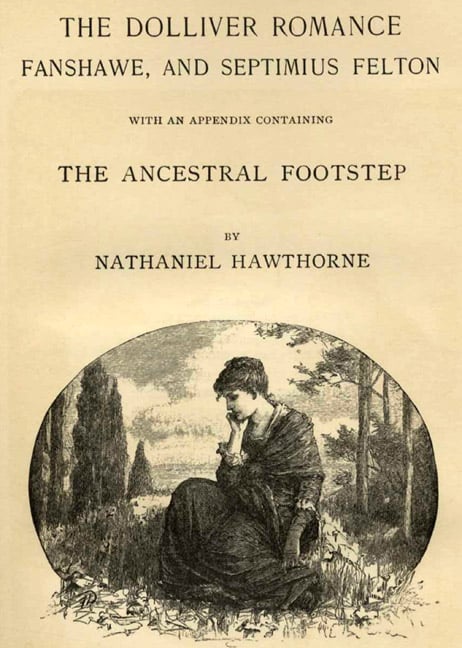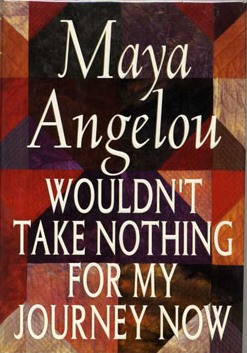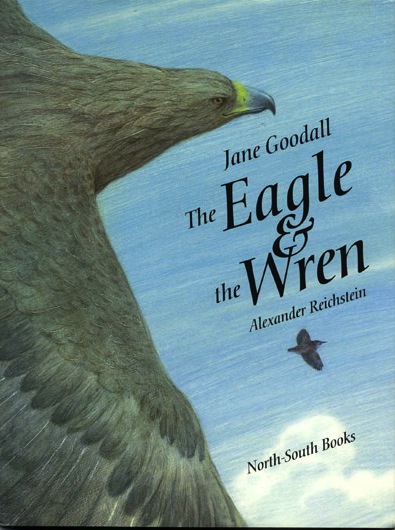No one denies that the Nobel Prize in Literature has a political bent. It is, for instance, widely believed that playwright Harold Pinter’s 2005 victory was meant to commemorate the slow decline of the Thatcher-Major era in Great Britain. While the Nobel committee’s insistence that writers be honored for their ‘idealism’ has yielded snubs for James Joyce, Vladimir Nabokov, and Henry James, it has leveraged that same commitment into recognition for such overtly political poets as William Butler Yeats and Czeslaw Milosz. It would be easy, in light of all this, to color Nobel Prize winner Seamus Heaney as a predominantly political poet. He was, after all, a prominent voice for peace (among other things) during the Troubles in Ireland. To pigeonhole Heaney thusly, however, would be to do a huge disservice to one of the last century’s most accomplished poets.
us toll free: 1-800-948-5563 international: +1 (843) 849-0283 UK: +44 (0) 1334 260018




